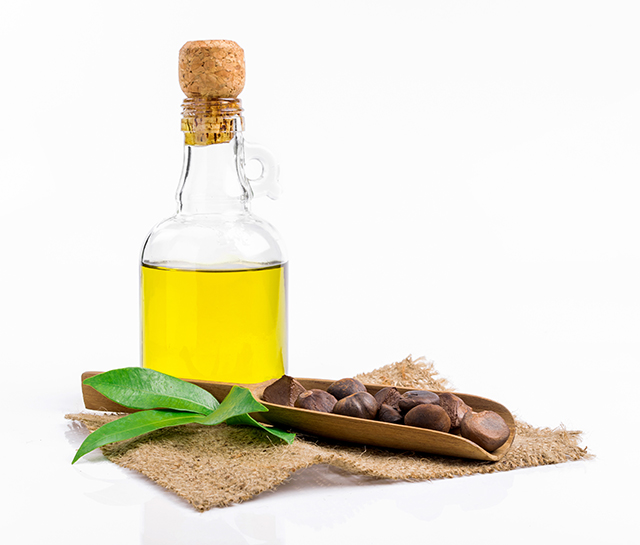Lipoic acid in nutritional supplements found to help prevent multiple sclerosis, study finds
07/20/2017 / By Rhonda Johansson

The results of a new pilot study showed the efficacy of lipoic acid in the reduction of whole brain atrophy among patients with secondary progressive multiple sclerosis (SPMS) compared with recently approved FDA drug ocrelizumab (brand name Ocrevus). In a randomized, double-blind study, researchers found that a daily dose of 1,200 mg of lipoic acid taken for two years reduced symptoms associated with SPMS, a more severe form of multiple sclerosis. These findings could offer hope for patients with MS, a condition with no recognized cure.
Lipoic acid is a naturally-occurring antioxidant produced by the body. In Europe, it is regulated as drug as a treatment for diabetes-related complications as well as conditions associated with alcoholism. Here, it is marketed as an alternative supplement, aimed at reducing the effects of oxidative stress. While there have been several attempts to link the antioxidant with the prevention or treatment of various diseases, this is the first conclusive study which suggests the potency of lipoic acid with regards to neurological conditions.
For the purpose of the study, lead author Dr. Rebecca Spain and her team recruited 51 adults aged 40 to 70, all of whom had SPMS. Twenty-seven of them were to receive 1,200 mg of lipoic acid every day for the next two years. The other 24 were given a placebo. Whole brain atrophy — described as the reduction in total brain volume due to neuron loss — was measured at the start of the study, after a year, and at the end using MRI scans. It was found that lipoic acid reduced brain atrophy by a significant 68 percent, which is greater than the reported impact of ocrelizumab, which was only shown to improve brain atrophy by 18 percent in several clinical trials.
Dr. Spain noted that patients who took the lipoic acid treatment experienced fewer falls and had better walking times compared to those who just received a placebo.
The results of this study need to be taken with a certain amount of skepticism, warned Dr. Spain. As she noted on DailyMail.co.uk, “These are high doses. And while it seems safe, we won’t know whether it actually improves the lives of people with MS until we can replicate the results in the pilot study through a much bigger clinical trial.”
Dr. Spain and her team are already planning to begin a further trial later this year. In this trial, lipoic acid and omega-3 fatty acids will be used both alone and in conjunction as a potential treatment for both relapsing-remitting and secondary progressive multiple sclerosis. Fifty-three patients will be measured on their cognitive function before, during, and after the treatment.
Director of Research at the MS Society, Dr. Susan Kohlhaas praised the initial data, stating, “While it’s not possible to make comparisons between this potential treatment and others that have been tested in different trials, these early-stage results hold promise for people with progressive MS. We’re looking forward to seeing larger trials to confirm whether this antioxidant is a safe and effective treatment for MS.”
On MS
Some basic facts about MS include:
- Various health groups have estimated that there are currently 2.3 million people with the condition.
- The condition occurs when the immune system begins to attack the fatty protective coating in nerve cells.
- Not all people experience the same MS symptoms, as each case is different. Common symptoms, however, include vision problems, dizziness, fatigue, memory, thinking and emotional impairment, and sexual dysfunction.
- To date, scientists are unclear on the exact causes of MS. It is hypothesized that the neurological condition is the result of several factors, including family history, environmental factors, and lifestyle. (Related: Multiple sclerosis can be mitigated by making healthy lifestyle changes.)
You can read more stories like this on Nutrients.news.
Sources include:
Tagged Under:




















